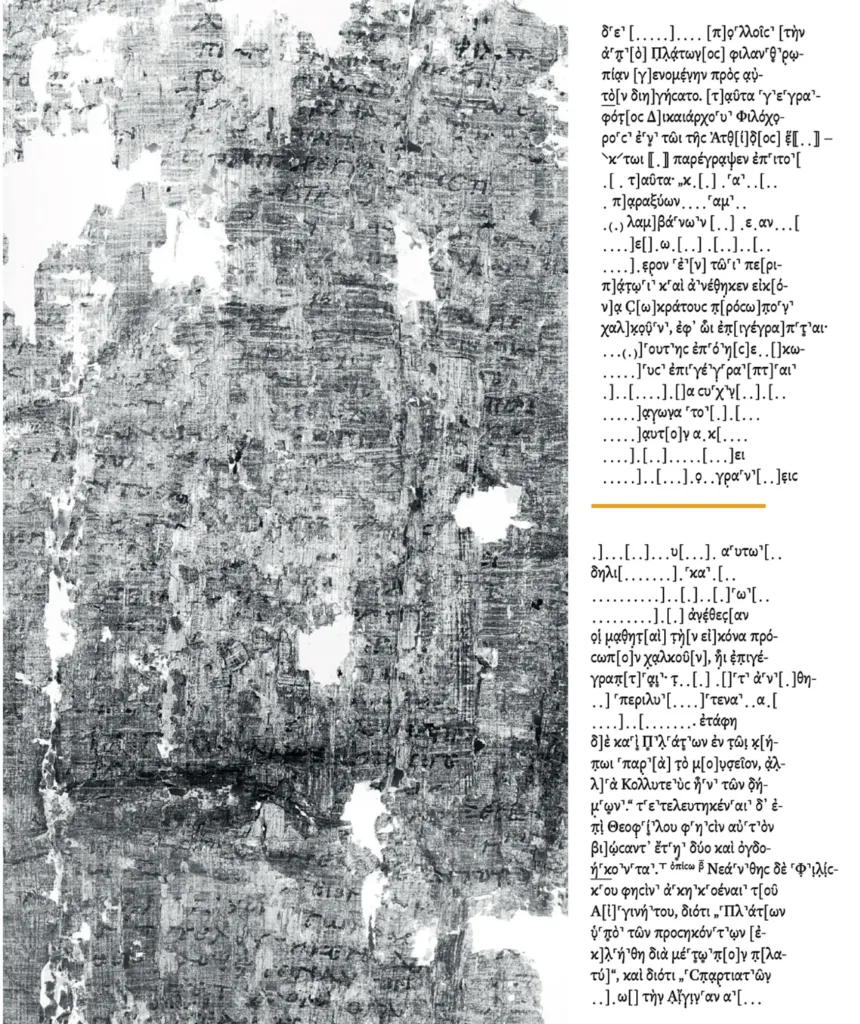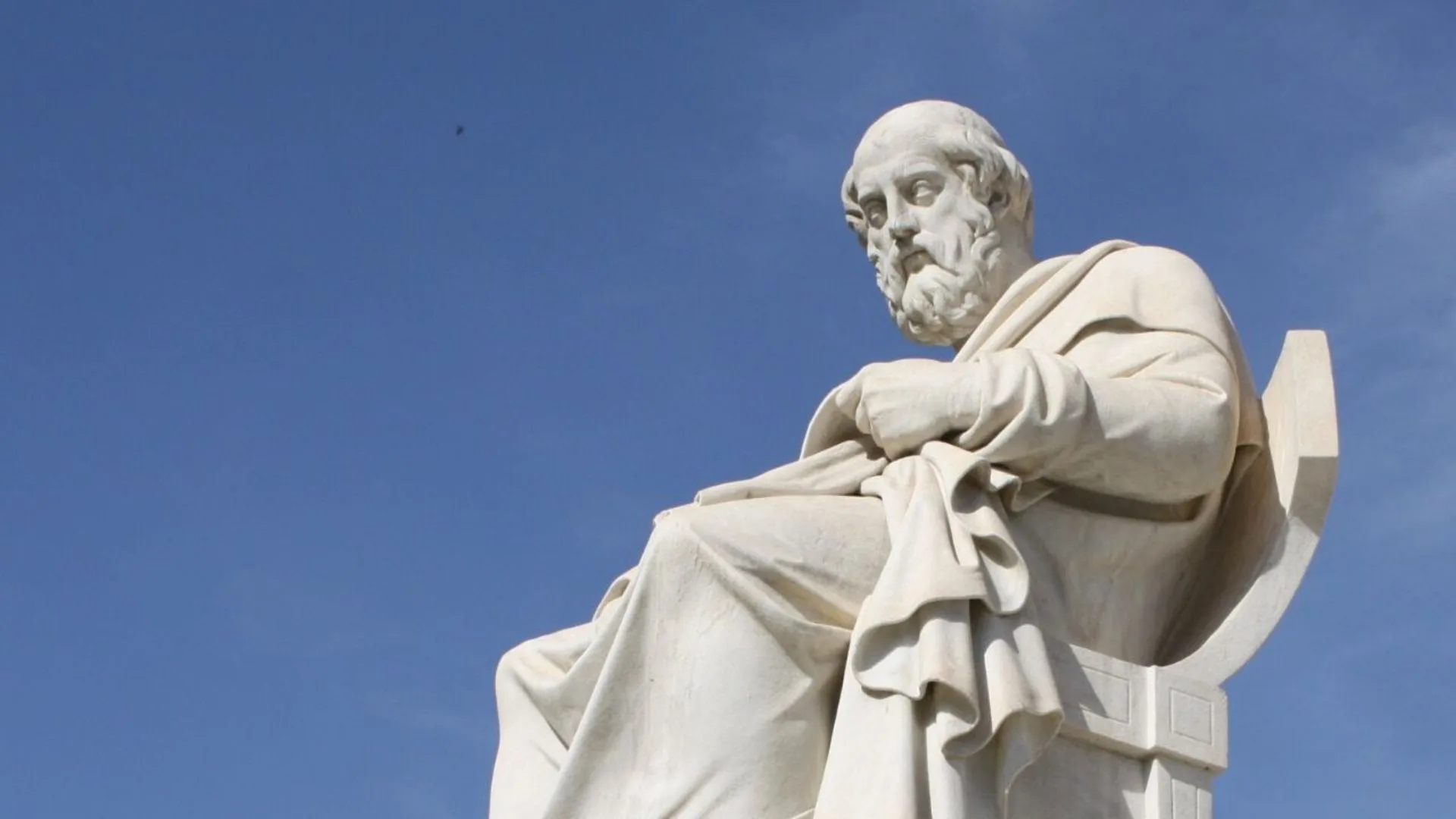An Italian researcher believes he has identified the location of Plato’s burial place in Athens by analyzing papyri from Herculaneum.
The Italian papyrologist Graziano Ranocchia of the University of Pisa, believes according to his research thaat Plato is buried in a in a private area in a garden in the Academy, near a sacred shrine to the Muses.
According to ekathimerini.com, the Herculaneum papyri are more than 1,800 papyrus scrolls discovered in the 18th century in the Villa of the Papyri in Herculaneum, an ancient Roman town, located in the modern-day town of Ercolano, Campania, Italy. They were carbonized when the villa was engulfed by the eruption of Mount Vesuvius in 79 AD.

The papyri were read using a bionic eye, which detected a thousand new words, which is 30% more than when they were last analyzed more than 30 years ago.
The location of Plato’s grave was contained in a history of the Academy by Philodemus of Gadara, an Epicurean philosopher and poet who lived in Herculaneum, said Ranocchia.
The scholar revealed the news at the Naples National Library, where he presented the mid-term results of the “Greek Schools” research project.
The research started three years ago and will be completed in 2026. Plato’s Academy was destroyed by the Roman dictator Sulla in 86 BC.
Source: ekathimerini
